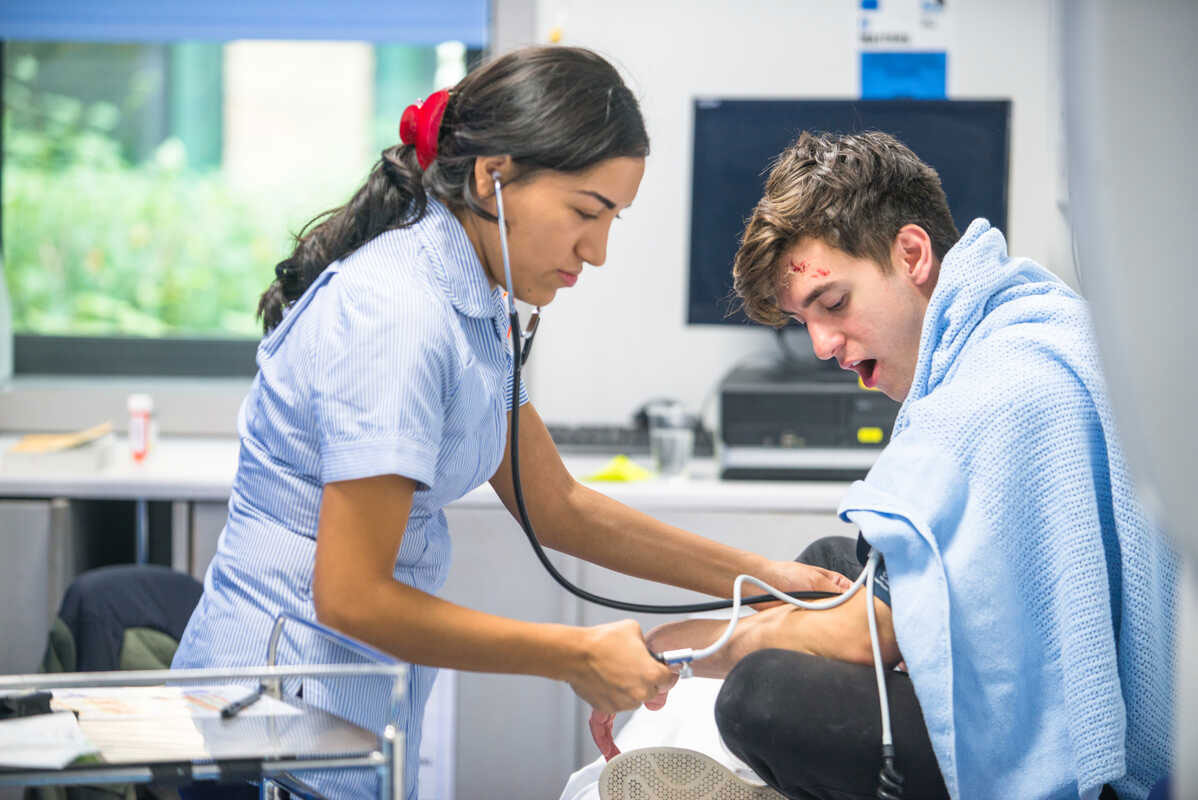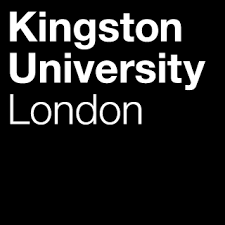Post-Anaesthetic Care: Principles and Practice

17 Apr 2025 (Intake closed)
Apply by: 03 Apr 2025
New Session
17 Apr 2025 (On Campus), 24 Apr 2025 (On Campus), 01 May 2025 (Skills day), 08 May 2025 (On Campus), 15 May 2025 (On Campus), 22 May 2025 (On Campus), 29 May 2025 (Skills day), 05 Jun 2025 (On Campus), 12 Jun 2025 (Skills day), 19 Jun 2025 (On Campus)
Course overview
This is an option module within the MSc Healthcare Practice programme and may also be taken as a free-standing module. The module is for nurses and other registered healthcare professionals working in the post-anaesthetic care unit (PACU) of main operating theatres or day surgery environments, who wish to develop the knowledge and skills required to give appropriate and effective care to patients recovering from surgery and anaesthesia.
Aims
The module will enable students to develop contemporary clinical skills and knowledge base in post-anaesthetic care through research and innovation. It will develop competent, confident and resilient post-anaesthetic care practitioners
What and how you will learn on this module
How you will learn:
This module is delivered using a blended learning approach which integrates a variety of on-campus and online activities, supported by Canvas, the University’s virtual learning environment. A complementary range of activities are employed to engage you in the critical exploration of key topic areas, and the completion of formative tasks during the module also helps to keep you on track with the learning and gain feedback on your understanding of the content. A sense of community is developed and maintained with frequent opportunities for peer learning, enabling you to share your practice experiences and to learn from each other. Level 6 and level 7 students taking this module may be taught together.
Academic writing and critical thinking skills are developed through ‘The Critical Thinking Skills Toolkit’ and other academic practice activities embedded within the module, that have been designed to nurture the skills needed to facilitate you to become a thoughtful, objective and reasoned thinker. This will help you tackle the assignment(s) confidently, understand marking criteria, use evidence, take a reasoned approach, make structured arguments and engage with other points of view.
What you will learn:
Anaesthetic and surgical implications for post-anaesthetic care
• Principles of general anaesthesia
• Principles of regional anaesthesia
• Residual effect of general/regional anaesthesia in PACU
• Effects of surgical intervention.
Assessment, implementation and evaluation of post-anaesthetic care
• Planning, implementation and evaluation of post-anaesthetic care
• Admission and handover
• Prioritising care on patient reception
• Assessment for safe discharge
• Communication (verbal and written).
Airway and respiratory assessment and management
• Anatomy and physiology of normal airway/ respiratory function
• Causes of airway/ respiratory disorders in PACU
• Assessment of airway/ respiratory function
• Managing airway obstruction
• Management of respiratory insufficiency.
Cardiovascular assessment and management
• Anatomy and physiology of normal cardiovascular function
• Causes of post anaesthetic hypo/hypertension
• Assessment and monitoring of cardiovascular function
• Management of cardiovascular dysfunction in PACU.
Pain assessment and management
• Physiological/psychological factors in acute pain
• Assessment of pain
• Management of acute pain and discomfort
• Multi-modal strategies for pain relief.
Post-operative nausea (PONV) assessment and management
• Anatomy and physiology of PONV
• Risk assessment strategy in prevention of PONV
• Multi-modal pharmaceutical management of PONV
• Care of patient with PONV.
Care of different patient groups
• Day surgery patient
• Paediatric patient
• Patient with chronic medical disorders e.g., diabetes, COPD
• Patients with altered capacity.
Academic practice
• Database searching
• Referencing and avoiding plagiarism
• Critical Thinking Skills Toolkit
Course length: 10 teaching days
Assessment
- Case study (4000 words)
- Competency assessment document
Learning Outcomes
Reflect critically on the complexity of the role of the post-anaesthetic care nurse and the wider ethical, legal and professional issues related to post-anaesthesia care nursing.
Appraise critically the psychological, social and cultural needs of the patient following surgery.
Apply in-depth knowledge of pathophysiology to inform post-anaesthetic care and to recognise potential complications arising from anaesthetics and surgery.
Synthesise and evaluate contemporary theoretical discourses from a wide range of appropriate sources to inform and evaluate the planning, implementing and evaluation of post-anaesthetic care from admission to discharge from the unit.
Apply advanced clinical reasoning and decision-making skills in the systematic assessment and management of the post-operative patient.
Appraise critically the unique care needs of different and complex patient groups from a variety of surgical settings.

Course details
Course leader
Lucie Llewellyn
Administrator
Kingston WFD Admissions Team
Course delivery
Downloads
Prerequisites
Programme entry requirements
Six months experience of working within a PACU setting.
Co-requisites: Participants should be currently working in a PACU in order to achieve the assessment learning outcomes.
Funding
£2,299.00

Make an enquiry
Make an enquiry
